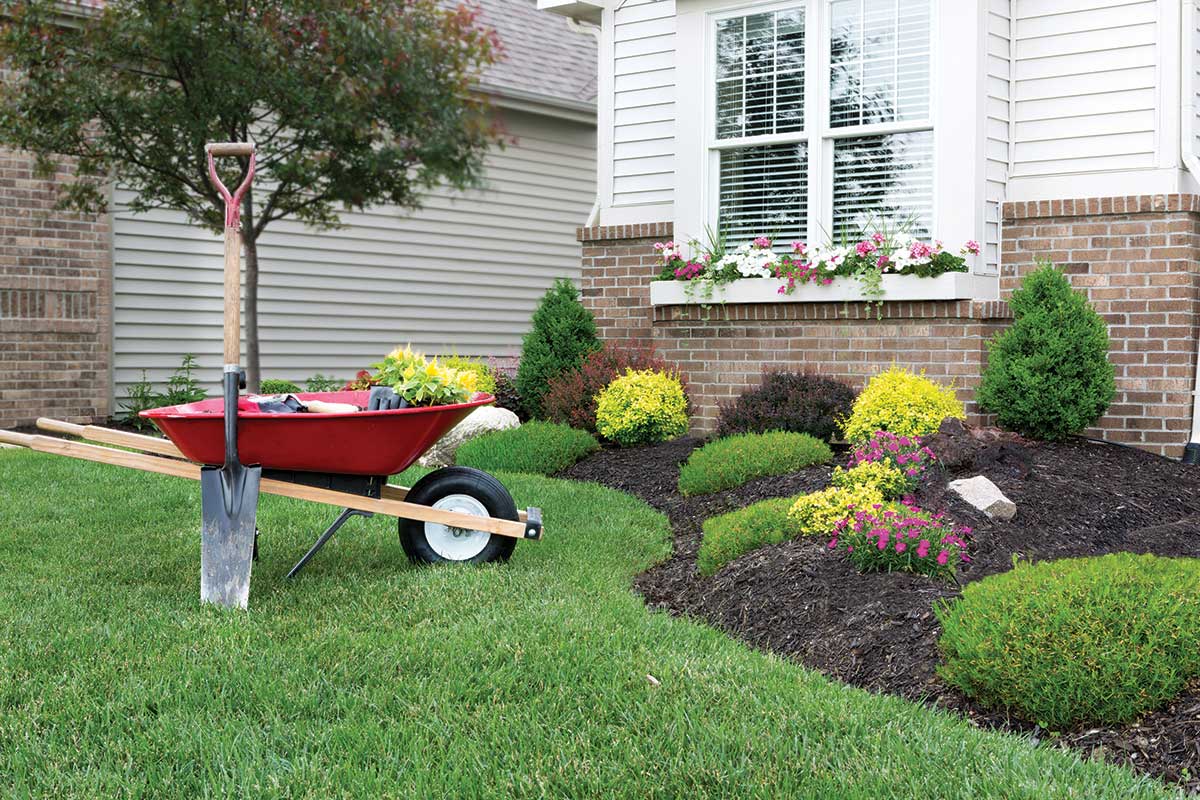A house with too much humid air inside can feel warmer than it is, causing the homeowner to crank up the air conditioner—and therefore energy costs.
Luckily there are simple steps to reduce the amount of moisture in your home, according to the U.S. Department of Energy.
Check your clothes dryer. An improperly vented clothes dryer can send some or all that moisture from your wet clothes into the air. Make sure your venting system is sealed all the way from the back of your dryer to the exhaust port on your home’s exterior.
Vent your stove and bathroom fans outside. Exhaust fans from cooking surfaces or the bathroom that are vented into your attic only redistribute humidity within your home. All such fans should be vented to the outside, with the system checked for leakage.
Seal air leaks. Finding the places where outside air is leaking in and conditioned air is leaking out and sealing those leaks is a cost-effective way to improve comfort and cut energy costs.
Insulate water pipes. Condensation can occur when there is a difference between the temperature of your water pipes and the humid air in your home. Insulating cold water pipes prevents condensation from forming and contributing to humidity in the home. Insulating hot water pipes eliminates heat loss between the water heater and the tap, which means heating and using less water over time. Both will help keep your energy bill in line.
Monitor drainage around your home. Rainwater and runoff from gutters and downspouts can easily flow toward your foundation and leak or leach into the structure. Directing the water away with landscaping and sealing your foundation can have a big impact.
Use a dehumidifier. It’s the most surefire way to reduce indoor humidity.
Bring charcoal inside. Charcoal briquettes aren’t just for barbecuing. They actually make a pretty good dehumidification tool. Take a few briquettes and place them in a can or basket. Charcoal is very absorbent and will suck moisture out of the air in your home. Just make sure not to use match-light charcoal, and replace the briquettes every two to three months. It sounds weird, but it works. Charcoal removes odors, too.


